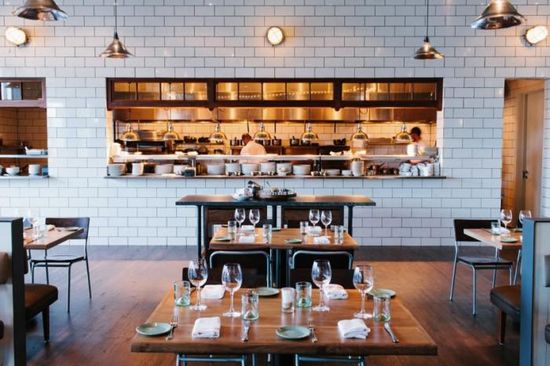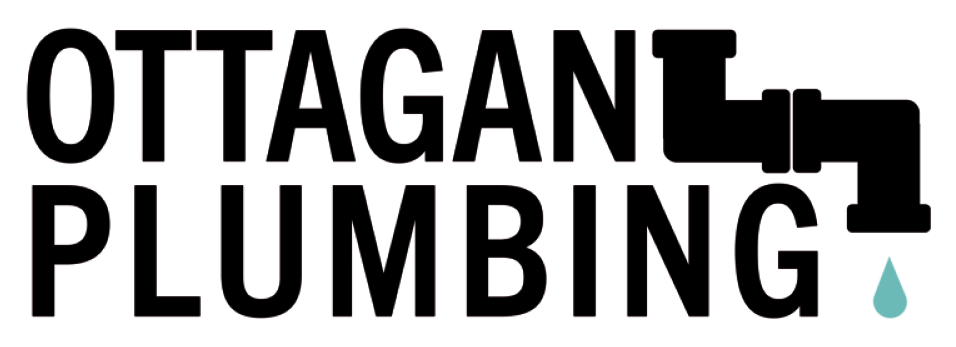
When running a restaurant or business, plumbing issues can quickly become a major disruption. A clogged drain, leaky pipe, or backed-up sewer line can halt operations, damage property, and even drive customers away. Preventative maintenance and best practices can help you avoid costly repairs and keep your plumbing system functioning efficiently. Here are some essential plumbing tips to keep your restaurant or business running smoothly.
1.Schedule Regular Plumbing Inspections
Preventative maintenance is key to avoiding expensive plumbing emergencies. Schedule routine inspections with a licensed plumber to check for leaks, corrosion, and potential blockages. This proactive approach can catch small issues before they turn into big, costly problems.
2. Keep Grease Out of Drains
One of the most common plumbing problems in restaurants is grease buildup. Cooking oil, fats, and grease solidify in pipes, leading to stubborn clogs. To prevent this:
- Install grease traps and clean them regularly.
- Train staff to dispose of grease properly in designated containers.
- Use strainers to catch food debris before it enters the drain.
3. Monitor Water Pressure
High water pressure may seem harmless, but it can strain your plumbing system, leading to leaks and burst pipes. Use a water pressure gauge to monitor levels and ensure they stay within the recommended range (typically 40-60 psi). If pressure is too high, consider installing a pressure regulator.
4. Prevent Drain Clogs with Proper Waste Disposal
Clogged sinks and toilets are common problems in commercial settings. To prevent this:
- Avoid flushing anything other than toilet paper down the toilet.
- Train staff to dispose of food waste, coffee grounds, and non-biodegradable materials in the trash, not the sink.
- Regularly use enzyme-based drain cleaners to break down organic build up safely.
5. Check for Leaks Regularly
Even small leaks can lead to significant water waste and increased utility bills. Regularly inspect:
- Faucets and sinks for drips.
- Pipes under sinks for moisture.
- Toilets for running water.
If you notice a leak, address it immediately to prevent further damage.
6. Winterize Your Pipes
For businesses in colder climates, frozen pipes can be a major issue. Protect your plumbing system by:
- Insulating exposed pipes.
- Keeping indoor temperatures above freezing, even during off-hours.
- Allowing faucets to drip slightly during extreme cold to prevent freezing.
7. Invest in a Reliable Water Heater
Restaurants and businesses rely on a consistent supply of hot water. Ensure your water heater is the right size for your needs and schedule regular maintenance, including flushing the tank to remove sediment buildup. If your water heater is old or inefficient, consider upgrading to a more energy-efficient model.
8. Educate Your Staff
Your employees play a crucial role in maintaining the plumbing system. Provide training on proper waste disposal, how to recognize signs of plumbing issues, and when to report problems to management. A well-informed team can help prevent costly plumbing disasters.
9. Have an Emergency Plan
Even with preventative maintenance, plumbing emergencies can still occur. Establish a clear plan, including:
- Contact information for a reliable emergency plumber.
- Shut-off valve locations for water and gas lines.
- Protocols for handling leaks, overflows, or burst pipes.
Final Thoughts
Maintaining a restaurant or business’s plumbing system requires diligence and proactive care. By following these plumbing tips, you can avoid costly disruptions, ensure a safe and hygienic environment, and keep operations running smoothly. Investing in regular maintenance now can save you time, money, and stress in the long run.

Leave a Reply